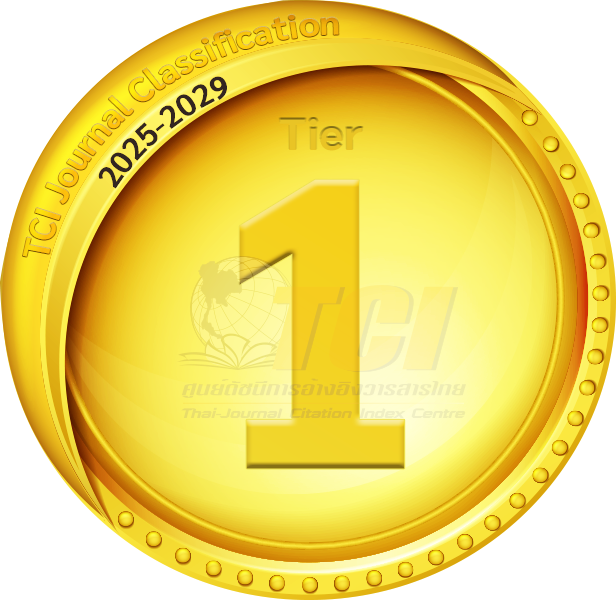Publication Ethics
Roles and Duties of the Journal Owner
The Journal of Southeast Asian Medical Research is owned and sponsored by the Phramongkutklao Hospital Foundation, whose ambition is to become a qualified regional medical journal publishing valuable research articles to enrich the field of medical research. The editors, the editorial and the advisory boards, as well as reviewers and authors, should comply with the ethics guidelines relevant to that of a peer-reviewed medical journal (see the following) which was devised after the recommendations of the International Committee of Medical Journal Editors (https://www.icmje.org/icmje-recommendations.pdf), and the Ethics Guidelines for Journal Publication of Elsevier (https://www.elsevier.com/about/policies/publishing-ethics).
The executive committee members must oversee the activities of the editors to regulate any actions that may influence the journal during its executive meetings. Editors should be warned of scientific misconduct, underperformance, or inappropriate behavior.
Roles and Duties of Editor
As an editor, the quality of the manuscripts to be published must be carefully regulated. To ensure transparency, the editors must use the online submission system for all administrative communications to locate any plagiarism or copyright infringement. The editor shall select two suitable reviewers for each submitted article, one from the editorial board and one external reviewer with expertise in the relevant field, without any conflict of interest to ensure a fair and unbiased peer review process. If no external reviewer is available, two reviewers from the editorial board will be selected, and the editor shall monitor the process for any possible bias or misconduct of the reviewers. The editor shall delegate decision-making to one member of the editorial board when the editor or her colleagues have written a research manuscript. The editor shall protect the confidentiality of all materials submitted to the journal and all communications with reviewers and authors; the reviewer's identity must be kept hidden to ensure a double-blinded design.
The editor shall promptly respond to any inquiries from the authors or a third party about any significant error found in any of the published articles in the journal. Reviewing the performances of any parties involved in the review and publication process is in the editors' best interest, including the authors, reviewers, and editorial board members.
Roles and Duties of Reviewers
All invited reviewers shall be informed to follow the journal policy of publishing quality medical research and innovative review articles as well as interesting case reports and case series using a peer review process, which is a critical assessment of manuscripts submitted to the journal aiming to help authors and the editor improve the quality of publications. The invited reviewers have the right to accept or decline the invitation. When a conflict occurs, one should decline the invitation. If one accepts to be a peer reviewer, one should critically assess the manuscript without personal bias and submit the review with constructive comments within the given timeframe. Reviewers shall treat all reviewed documents/materials as confidential and not directly contact the authors unless the editor gives permission. Reviewers must not use a submitted manuscript and its unpublished materials disclosed in their research.
Roles and Duties of Authors
Authors should follow the journal format when preparing a manuscript, present accurate data, sufficient details and references, and correct interpretation without bias. Inaccurate statements are unacceptable and unethical. Authors should be aware of plagiarism of another's work and self-plagiarism of one own work, which is unethical and unacceptable. Works and words of others should be appropriately cited or quoted, and permission when necessary. Authors should be concerned regarding authorship, which is limited to those who have contributed significantly to the conception, design, execution, interpretation, writing, and approval of the manuscript. Only those with substantial contributions should be listed as co-authors, and others should be acknowledged in the acknowledgment section. Authors should disclose any potential conflict of interest or financial and personal relationships with others that could be viewed as an inappropriate influence on the submitted work in the disclosure section. A corresponding author should be responsible for submission, peer review, and communications with the editor during and after publication and promptly respond to editorial queries.
References
Recommendations of the International Committee of Medical Journal Editors https://www.icmje.org/icmje-recommendations.pdf
Ethics Guidelines for Journal Publication https://www.elsevier.com/about/policies/publishing-ethics







